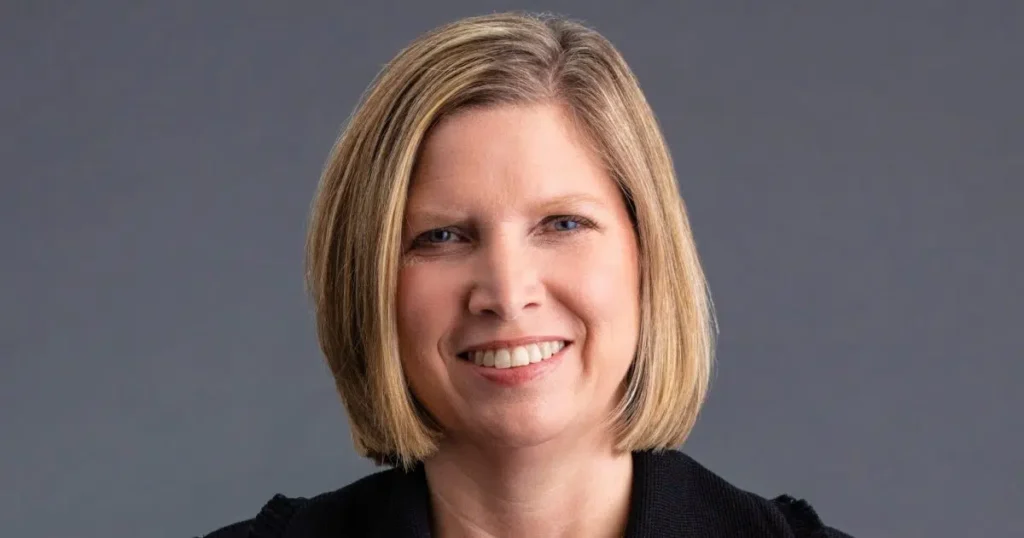
Ten days ago, I gave Jennifer Rumsey an opportunity. A chance to speak. To comment. To clarify.
She didn’t take it.
No out-of-office reply. No proxy. No statement. Just silence.
It wasn’t a hostile message. It was professional, direct, and grounded in growing public interest. I asked about Cummins’ approach to disability litigation. About legal ethics. About the eyebrow-raising possible alignment between Cummins and another employer, Cepac Ltd, as it appeared they’d joined forces to oppose a disabled former employee – me. Whether that’s coincidence or coordination remains unclear – but with shared legal counsel, the optics speak loudly. I asked for a response.
Not a trap. An invitation.
And Rumsey – Chair and CEO, the same dual-role she clung to despite shareholder revolts – ghosted it. Again.
This isn’t just one ignored email. This is a pattern. Power without presence. Control without accountability.
When Cummins was fined $1.675 billion for emissions cheating, Rumsey largely laid low. Calling it a “no bad faith” issue was an insult to anyone paying attention. When shareholders asked – again – to split her power, the board dodged the tally.
Now, with the company under activist pressure, suppliers watching, and major tech firms pinging our site, the leader of Cummins is still silent. Still absent. Still gripping the title, but nowhere near the weight that comes with it.
And maybe that’s the problem.
When you serve as both CEO and Chair, you don’t just lead the business – you’re supposed to be answerable to it. But if nobody can question you, and you don’t bother to answer anyway, what you’re running isn’t oversight. It’s insulation.
Maybe Cummins needs someone with time to answer a serious letter. Maybe it needs leadership that doesn’t vanish when scrutiny knocks.
Or maybe it needs what TCAP was built to deliver: visibility, consequence, and a timeline Rumsey no longer controls.
Lee Thompson – Founder, The Cummins Accountability Project
